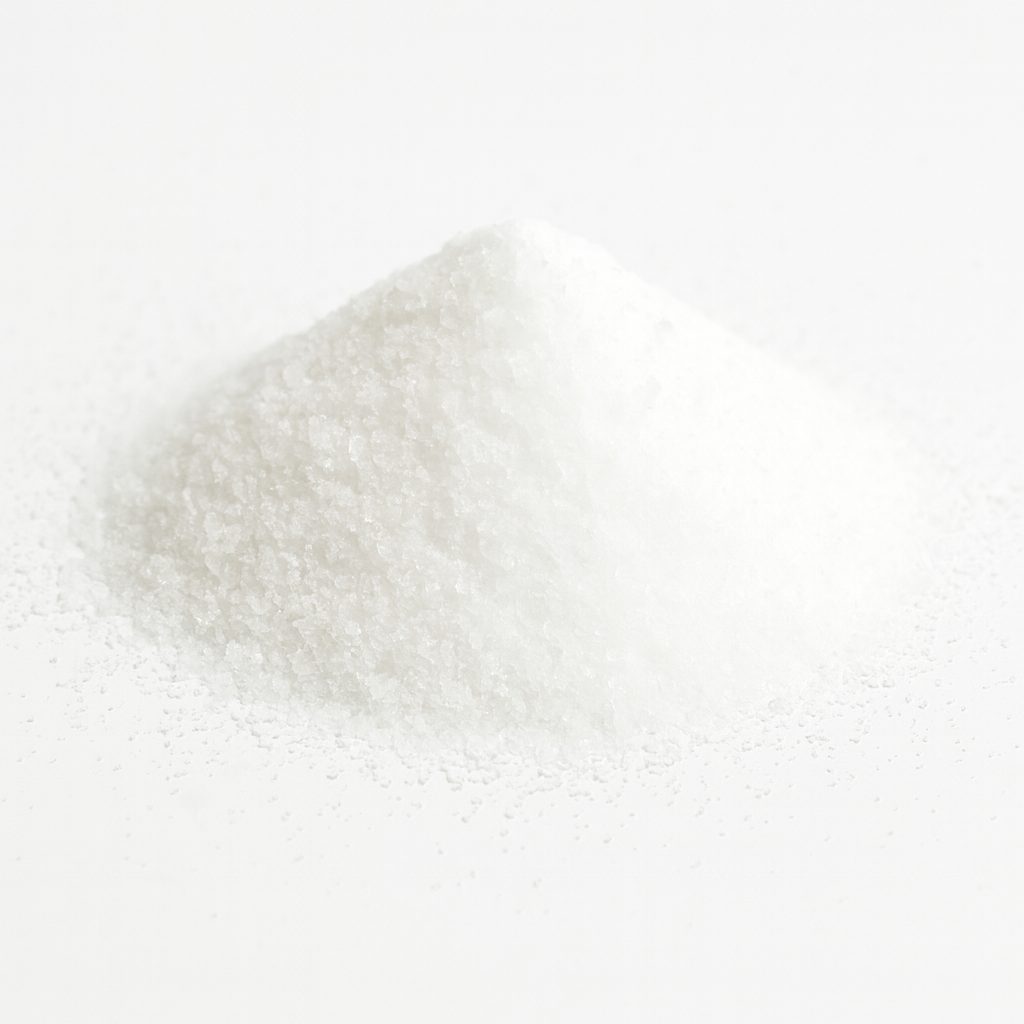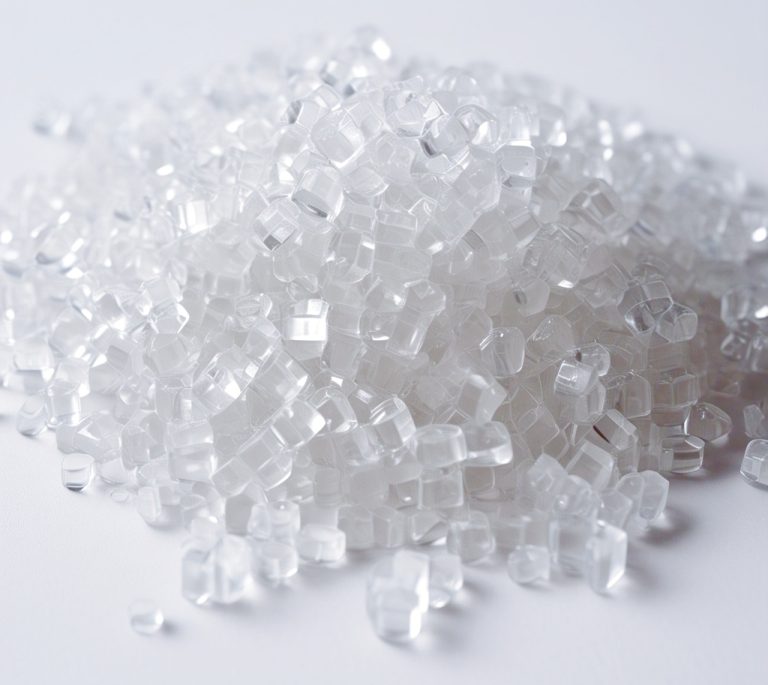What is Anhydrous Sodium Sulfate?
It is a white crystalline compound that occurs naturally and is also produced as a by-product in several industrial processes. Common sources include detergent manufacturing, hydrochloric acid production, and pulp chemical recovery operations.
Key Characteristics
High solubility in water – easy to integrate into large-scale industrial processes
Chemically stable and non-toxic – safe for handling and reliable in operation
Environmentally friendly – supports eco-conscious manufacturing practices
Thanks to these characteristics, sodium sulfate has moved beyond being just a by-product and is now considered a strategic solution for the modern paper industry.
4 Major Applications in Paper Manufacturing
Application 1: Pulping Agent
In the kraft pulping process, Anhydrous Sodium Sulfate assists in breaking down wood chips into fibers. This step is critical for producing high-quality pulp, which directly affects the strength, brightness, and durability of the final paper. By optimizing pulp production, mills can achieve better yield and consistency.
Application 2: Chemical Recovery Aid
One of the largest expenses in paper manufacturing comes from chemicals used during pulping. This compound contributes to chemical recovery systems, allowing valuable compounds to be recycled and reused. This not only lowers costs but also reduces waste, making operations more environmentally responsible and aligned with sustainable paper production goals.
Application 3: Process Stabilizer
Stability in production is essential for any paper mill. This compound acts as a process stabilizer, maintaining proper pH levels during pulping and processing. This ensures smooth operations and helps mills deliver uniform, high-quality products. Improved stability also supports long-term paper mill efficiency by reducing production errors and downtime.
Application 4: Moisture Control
Moisture management is critical in paper drying and finishing. Sodium sulfate improves drying efficiency, helping paper mills save energy while achieving smoother textures and better printability. This application directly contributes to paper industry solutions focused on balancing cost savings with superior product quality.
Benefits for Paper Manufacturers
By leveraging these four applications, paper mills gain clear advantages:
Cost reduction through lower raw material consumption and better chemical recovery
Waste minimization by repurposing an industrial by-product into a useful input
Improved paper quality with stronger pulp, brighter whiteness, and consistent texture
Sustainability that aligns with modern environmental regulations and market expectations
These benefits demonstrate why sodium sulfate has become a cornerstone of paper manufacturing strategies worldwide.
Why It Supports Sustainable Paper Production
Today’s paper industry faces increasing pressure to adopt greener practices. It helps address this challenge by:
Supporting a circular economy model through by-product reuse
Reducing chemical discharge into the environment
Enhancing long-term efficiency without compromising product performance
The paper industry is constantly seeking ways to improve efficiency, lower costs, and achieve sustainable paper production. One material that has gained increasing importance is Na₂SO₄. Often viewed as an industrial by-product, this compound is now widely recognized as a valuable additive in paper manufacturing. It supports pulp production, enhances kraft pulping, improves chemical recovery, and boosts overall paper mill efficiency.
With its unique properties, sodium sulfate has transformed into an essential material for companies pursuing sustainable paper production.
Conclusion
Anhydrous Sodium Sulfate is no longer just an industrial leftover. Through its four major applications—pulping, chemical recovery, process stabilization, and moisture control—it has become a vital tool in the paper industry. By improving pulp production, aiding kraft pulping, boosting paper mill efficiency, and supporting sustainability, sodium sulfate offers both economic and environmental benefits.
FAQ ❔
Q1: What is the role of Anhydrous Sodium Sulfate in paper manufacturing?
It helps in the kraft pulping process by breaking down wood chips, supporting chemical recovery, and stabilizing production for consistent paper quality.
Q2: How does it improve paper mill efficiency?
By aiding chemical recycling and enhancing drying efficiency, sodium sulfate reduces production costs and increases paper mill efficiency.
Q3: Why is it considered a sustainable solution for the paper industry?
Since it is often an industrial by-product, reusing sodium sulfate reduces waste, supports a circular economy, and promotes sustainable paper production.
Q4: Is sodium sulfate safe to use in pulp production?
Yes, it is chemically stable and non-toxic, making it a reliable and safe additive for pulp production and paper manufacturing. We are here to provide tailored solutions for your business.
Contact Us 📩
If you or your company have any requirements related to paper manufacturing in Thailand—whether it is sourcing materials, exploring production options, or establishing local partnerships—please do not hesitate to get in touch with us.




